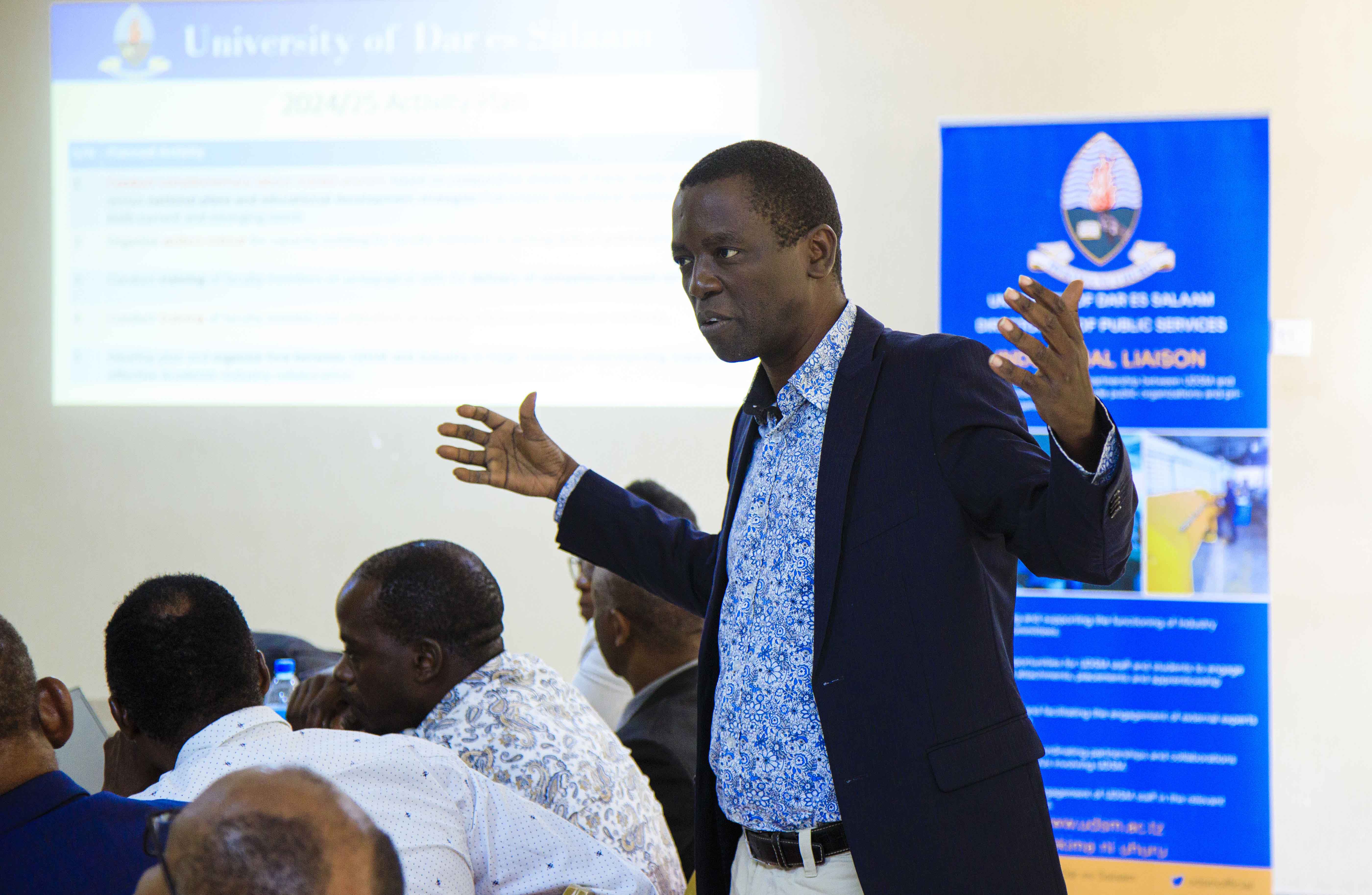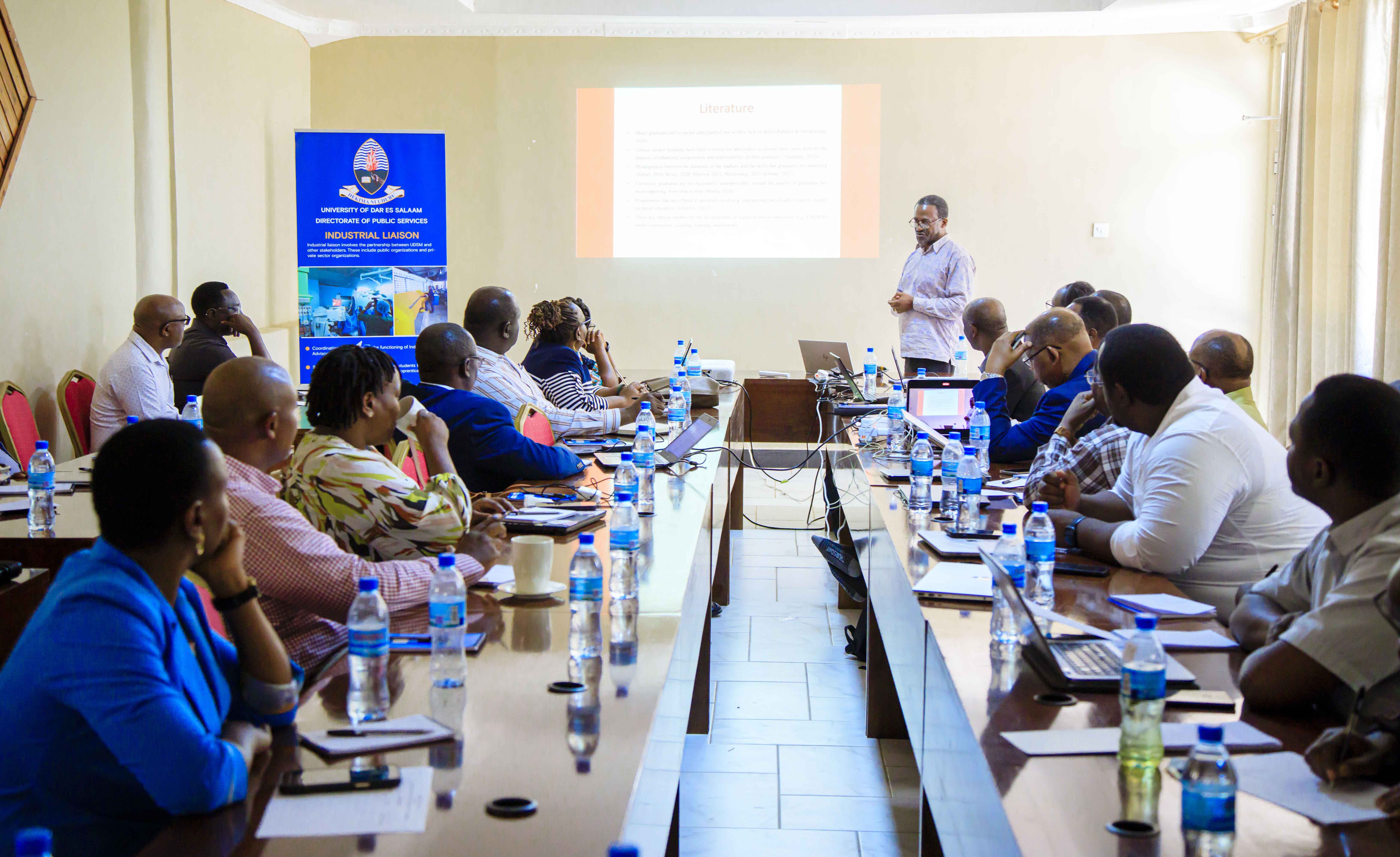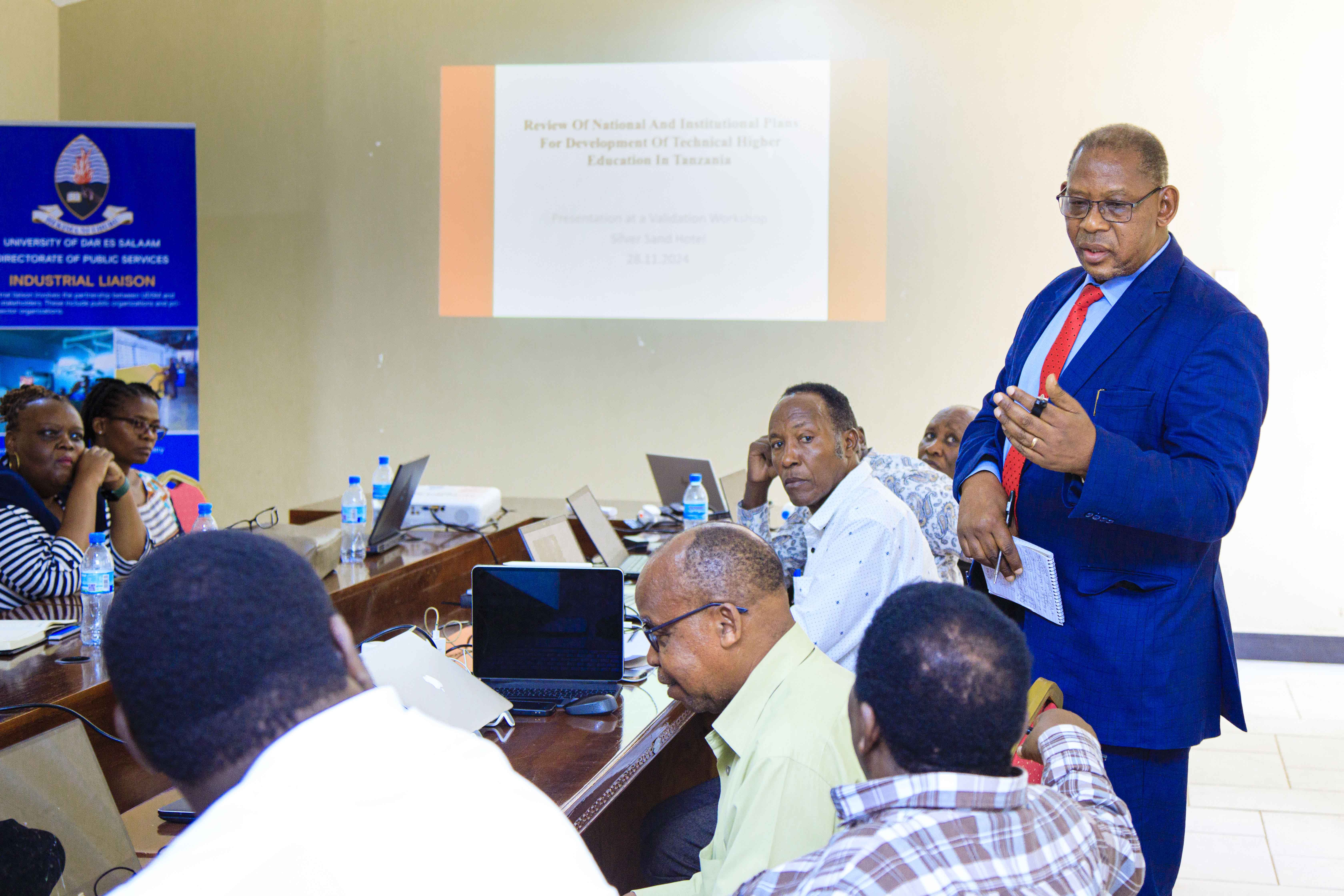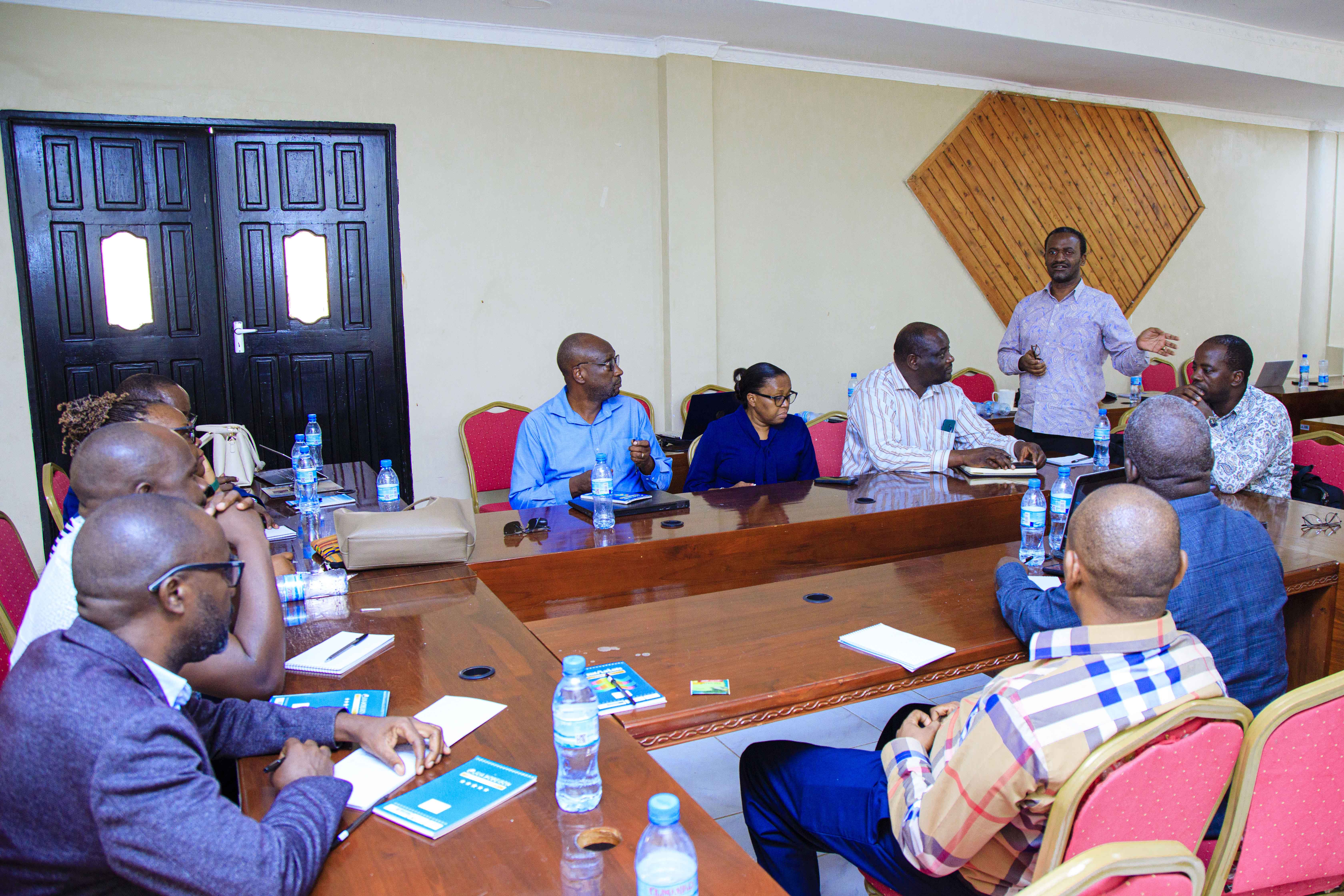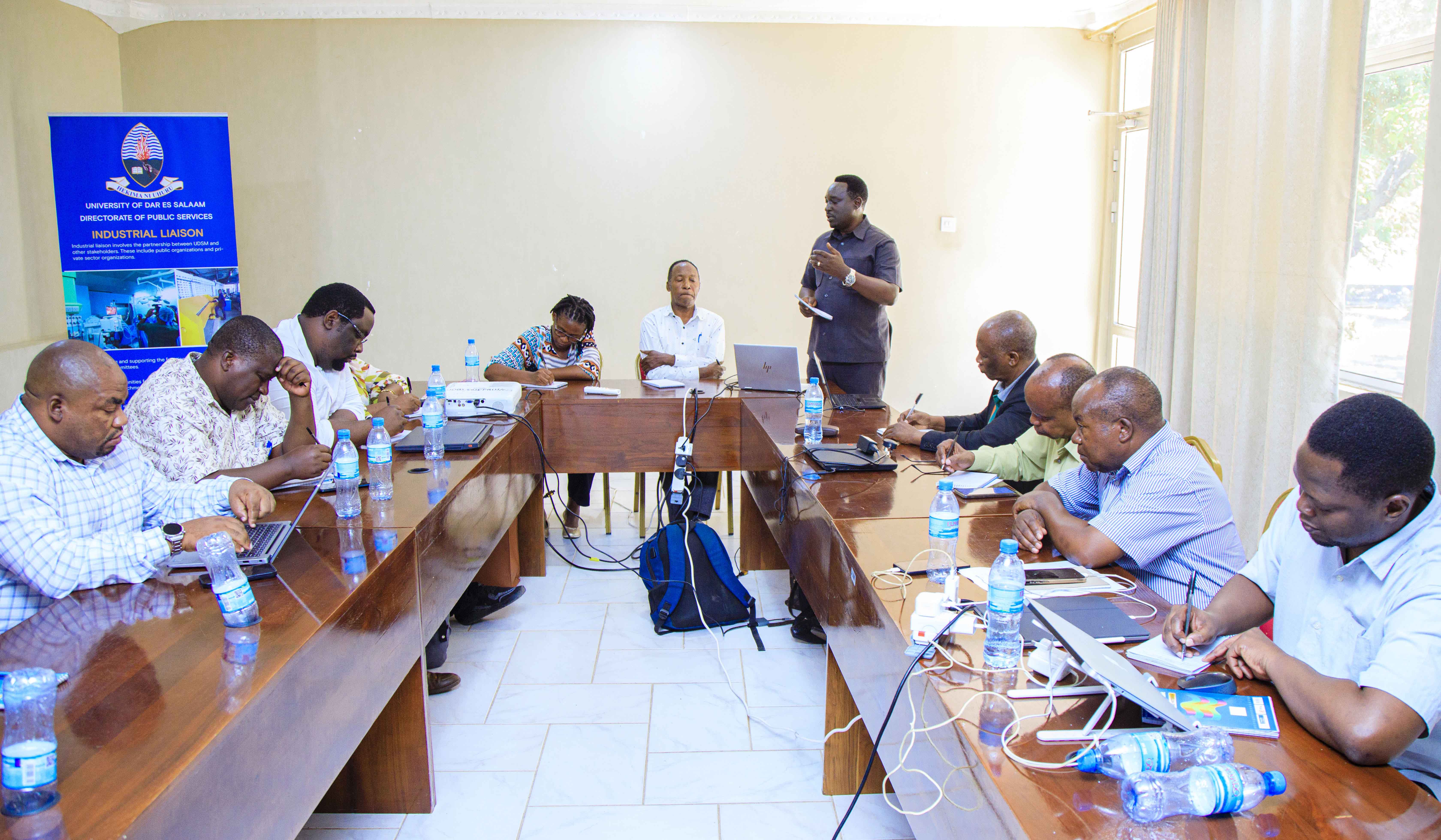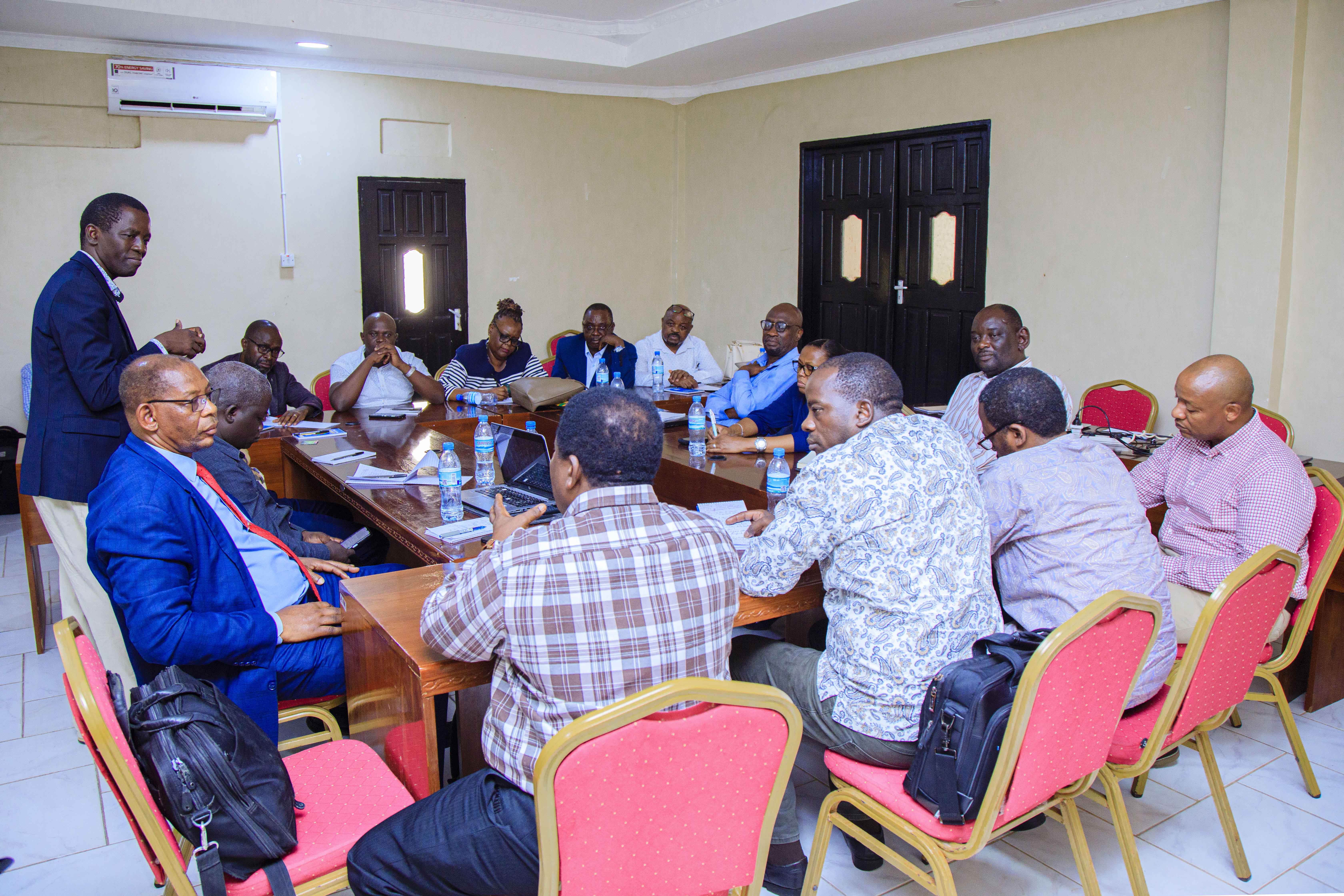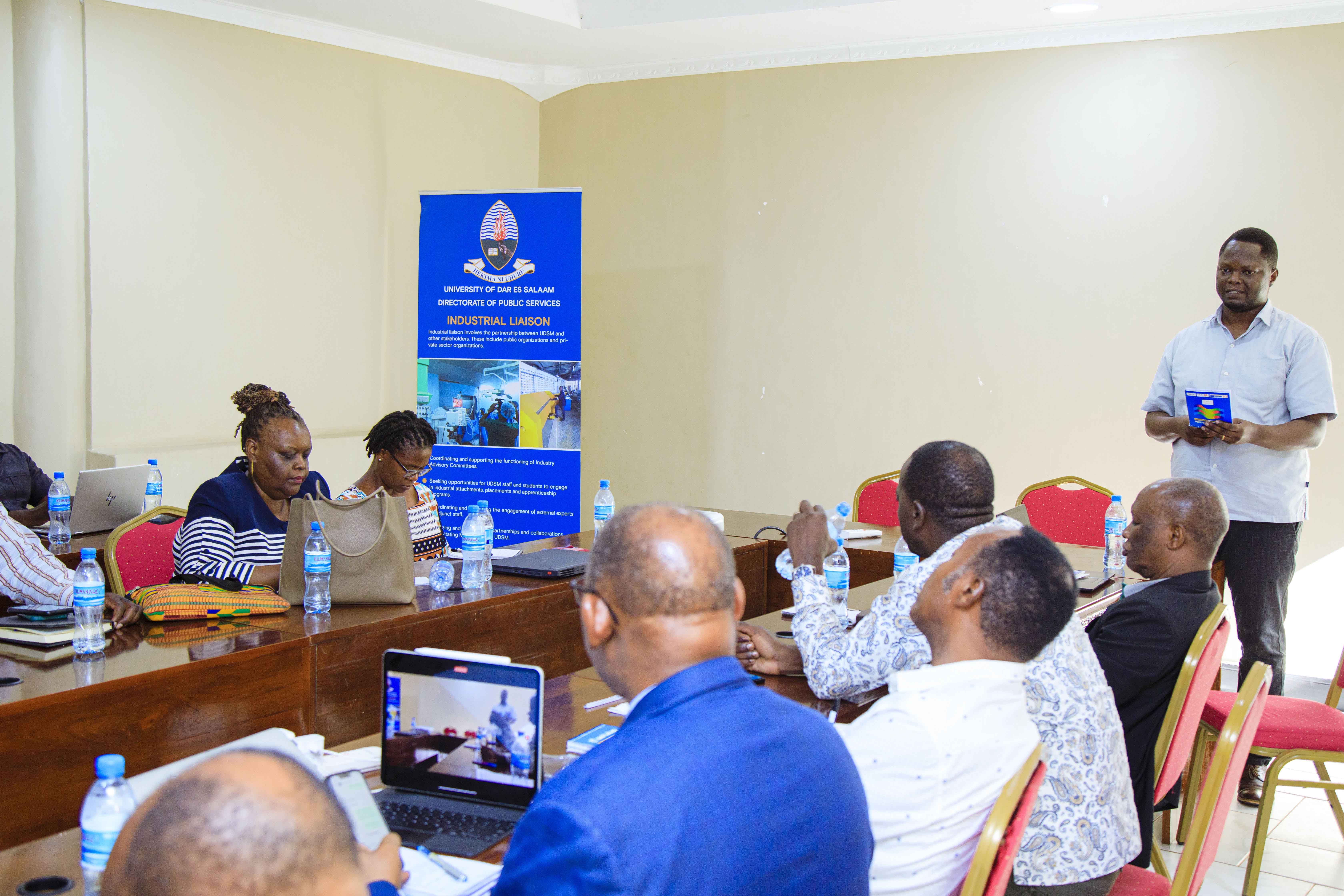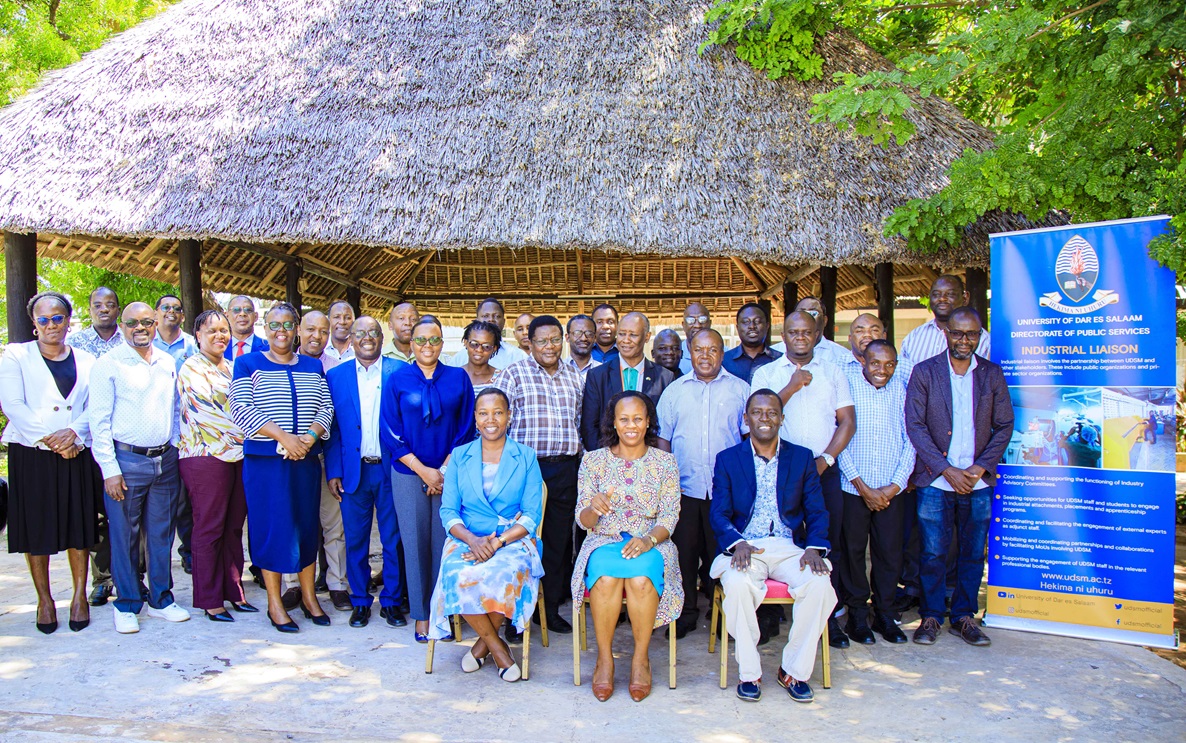Tracer study findings stress on curriculum to meet national human resource needs
By Ally Mambele, CMU
The University of Dar es Salaam (UDSM) has stressed on the focus of its curriculum to address and meet national human resource needs in various sectors as it convened a validation workshop recently to review the findings of its 2022/2023 tracer study report.
In her opening remarks at this workshop, which was held at the University’s Silversands Hotel and brought together key stakeholders, Prof. Flora Magige, who represented the Deputy Vice Chancellor-Academic, Prof. Bonaventure Rutinwa, emphasised UDSM role in enhancing higher education’s capacity to meet national human resource needs.
“UDSM has capitalised on the collaboration with stakeholders in ensuring that its curriculum responds to the market and national needs. In so doing, we work together to address the needs of both parties and hence drive socio-economic development”, said Prof. Magige who is the Principal of the College of Natural and Applied Sciences (CoNAS).
She said that UDSM collaborates with various stakeholders, as part of the strengthening academic-industry linkages, including UNESCO, through the UNESCO China Fund-in-Trust (CFIT III) project. “Such initiatives are a pivotal step in our commitment to building a skilled workforce aligned with 21st-century demands”.
The workshop provided insights into UDSM’s performance in implementing national plans and educational strategies, as presented in the tracer study report, and partcipants discussed keenly the related findings.
Dr. George Kahangwa, the expert leading the tracer study and Head of the Department of Educational Foundations, Management and Lifelong Learning, shared a comparative analysis of the tracer study findings and facilitated discussions for stakeholders to identify weaknesses and propose relevant recommendations.
Key suggestions that emerged from the workshop’s interactive sessions included plans to refine the tracer study findings analysis based on stakeholders inputs and ensure inclusion of actionable recommendations.
Prof. Bavo Nyichomba of the College of Engineering and Technology (CoET) advocated for enhanced ethics training at all management levels, increased salaries for technicians, and additional incentives to improve productivity and educational quality.
Eng. Prof. Zaipuna Yonah, Chair of the UDSM Industrial Advisory Committee on ICT and Media, called for equipping graduates with double skills, adding value to their competencies, and ensuring quality through certification.
Other News
Wed, 08.Jan.2025 : President Mwinyi proclaims UDSM-IMS role in Blue Economy policySun, 05.Jan.2025 : Ministry of Blue Economy, UDSM in key conversations ahead of historic Foundation Stone laying at IMS
Fri, 20.Dec.2024 : ALAF Limited yatoa ufadhili wa masomo ya Umahiri katika Kiswahili kwa wanafunzi wa UDSM
Thu, 19.Dec.2024 : UDSM Herbarium: an invaluable resource fostering conservation, plant taxonomy and ecology
Sat, 14.Dec.2024 : Prof. Mushi calls for ethical and inclusive innovation as Africa higher education leverages AI
Fri, 13.Dec.2024 : UDSM kuwa kituo cha utafiti wa Sayansi ya Bahari barani Afrika
Fri, 13.Dec.2024 : Multi-billion Sida funds to boost research on sustainable development at UDSM
Fri, 06.Dec.2024 : University of Bradford offers honorary degree to Prof. Ichumbaki for impactful research, community engagement


